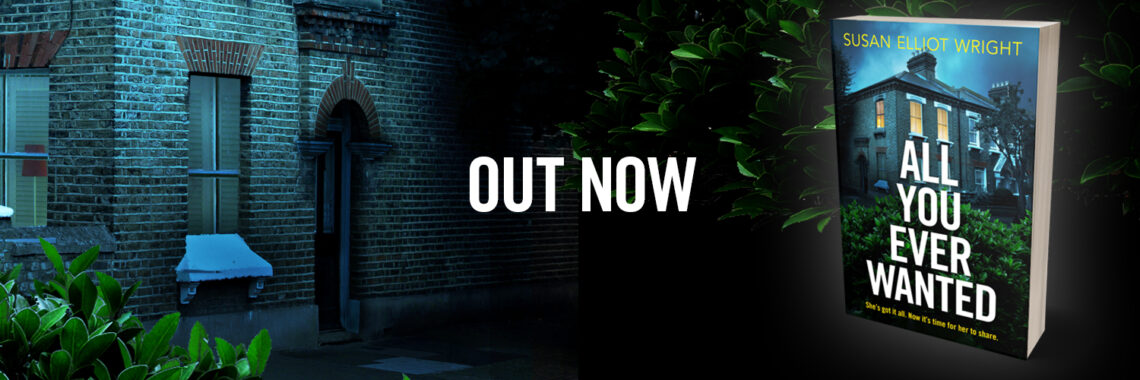Category: novel
Should you read fiction while you’re writing?
And to access a list of recipes and book reviews on this blog, go to: recipes and book reviews and scroll down the page (past the writing bits)
Can I survive a month away from Twitter?
And I have to admit that I do now see why Twitter is good for writers. I have gained so much from Twitter in the past year that it’s now quite hard to imagine life without it. Not only is Twitter a virtual water cooler/coffee shop in terms of giving us solitary authors access to the daily banter that enhances the working day of those with ‘proper jobs’, but it has also provided me with a number of book recommendations I might not otherwise have discovered, it has opened the doors to such a wealth of interesting newspaper articles, blog posts, quotes and YouTube videos about writing and the writing process that I can never hope to read even a tenth of what’s available; it has provided real-time updates in the form of Tweets from writers’ conferences and events that that I haven’t been able to attend, and, most valuable of all, it has given me new friends.
And to access a list of recipes and book reviews on this blog, go to:recipes and book reviews and scroll down the page (past the writing bits)
How much should you talk about your work in progress?
And to access a list of recipes and book reviews on this blog, go to: recipes and book reviews and scroll down the page (past the writing bits)
Writing a first draft
And to access a list of recipes and book reviews on this blog, go to: recipes and book reviews and scroll down the page (past the writing bits)
How’s everyone else getting on with their New Year’s resolutions?
For more about me and my work, check out my website: https://susanelliotwright.co.uk
When’s the right time to share your novel?
For more about me and my work, check out my website: https://susanelliotwright.co.uk
NaNoNonsense – the aftermath!
NaNoWriMo Week 3
The Writing Bit
Sunday: Soya mince with peppers, mushrooms and new potatoes, cooked in a sauce made from tomatoes, red wine, garlic and herbs.
Monday: Vegan ‘meatballs’ with spaghetti and spicy tomato sauce.
Tuesday: Mixed bean cassoulet.
Wednesday: Creamy mushroom tagliatelle.
Thursday: Curry night: aubergine and chick pea, sag aloo, aloo gobi, chapatis.
Friday: Tapas: (I’m quite proud of this one!) vegan ‘paella’, patatas bravas, garlic mushrooms, aubergines with garlic and herbs.
NaNoWriMo week 2 – NaNoNaughty
The Writing Bit
No proper book review this week, but I just want to urge you if you haven’t already done so, to read Stephen King’s On Writing. I’d say it’s a particularly useful book to read when you’re in the middle of NaNoWriMo. Not only are there great examples and tips on the actual craft of writing, but there’s some very encouraging stuff about the process of writing, and about the story being a ‘found thing’, something that the writer uncovers through the writing process . It’s a fabulously entertaining read, too.
As explained last week, throughout NaNoWriMo, I’m just posting (mainly vegan) meal ideas. Even if you’re not vegan, most of these meals are actually really very nice, although I must admit, not all vegan grub is to my taste.
This week we had:
Saturday: went out to eat – Vegan Husband had the falafel burger with spicy potato wedges and salsa, I had a salad with cajun salmon & lemon goats cheese.
Sunday: vegan pizzas & salad (made these with ‘vegan mozzarella’, tomatoes, onion, garlic, olives, capers & artichokes)
Monday: my teaching night, so I had salmon and ricotta ravioli, VH had lentil dahl and rice (he eats a lot of dhal!)
Tuesday: vegan sausages and sweet potato mash with onion and red wine gravy.
Wednesday: vegetable pasta bake and salad
Thursday: burgers (made from Granose burger mix – v good!) in buns with soya cheese slice, served with chips and salad.
Friday: mushroom, pepper and cashew nut stir-fry with noodles and rice.


